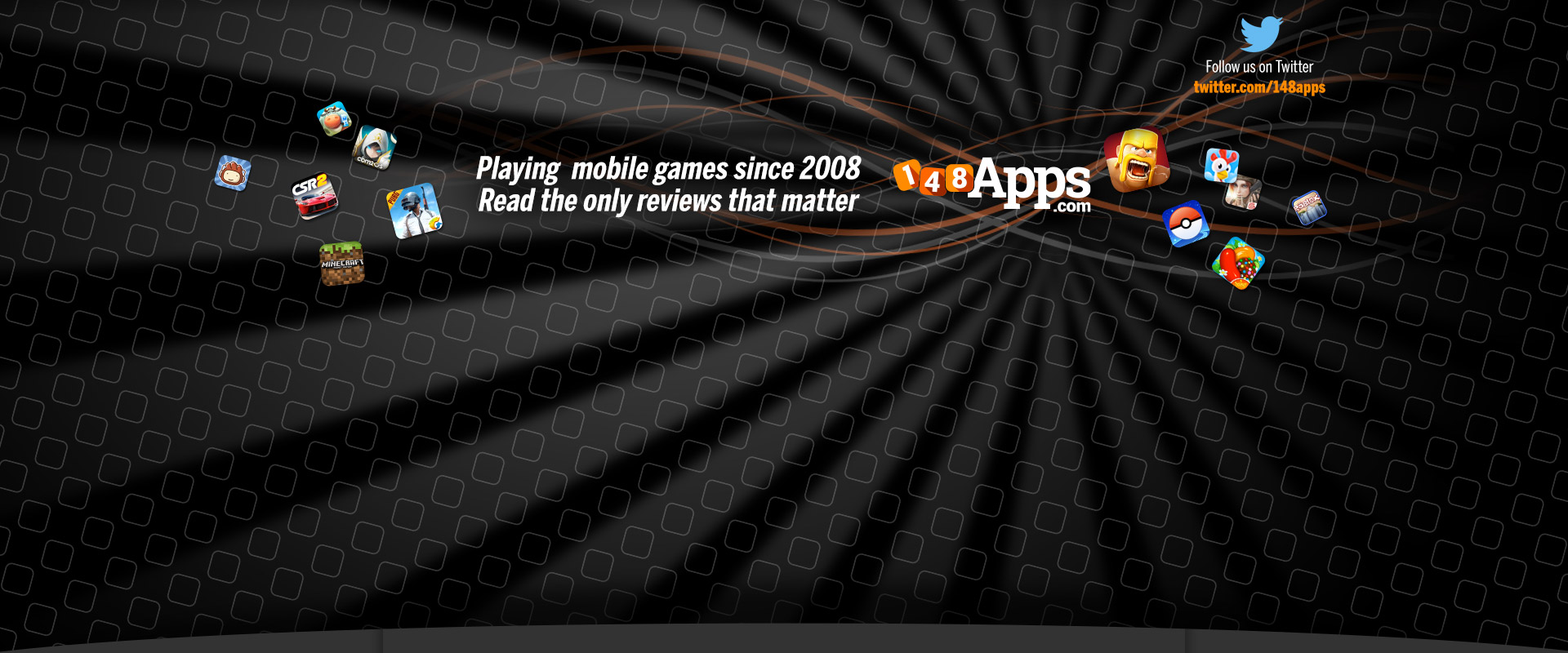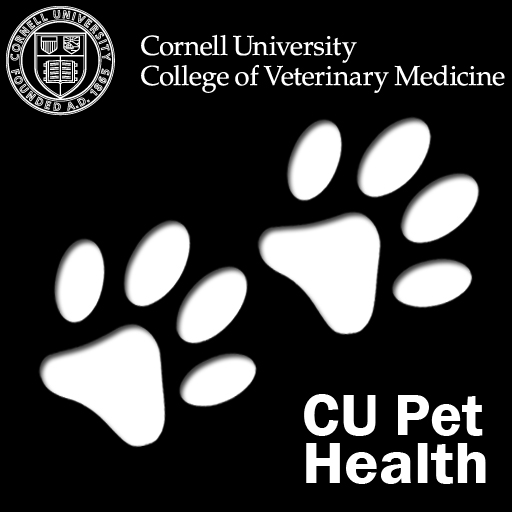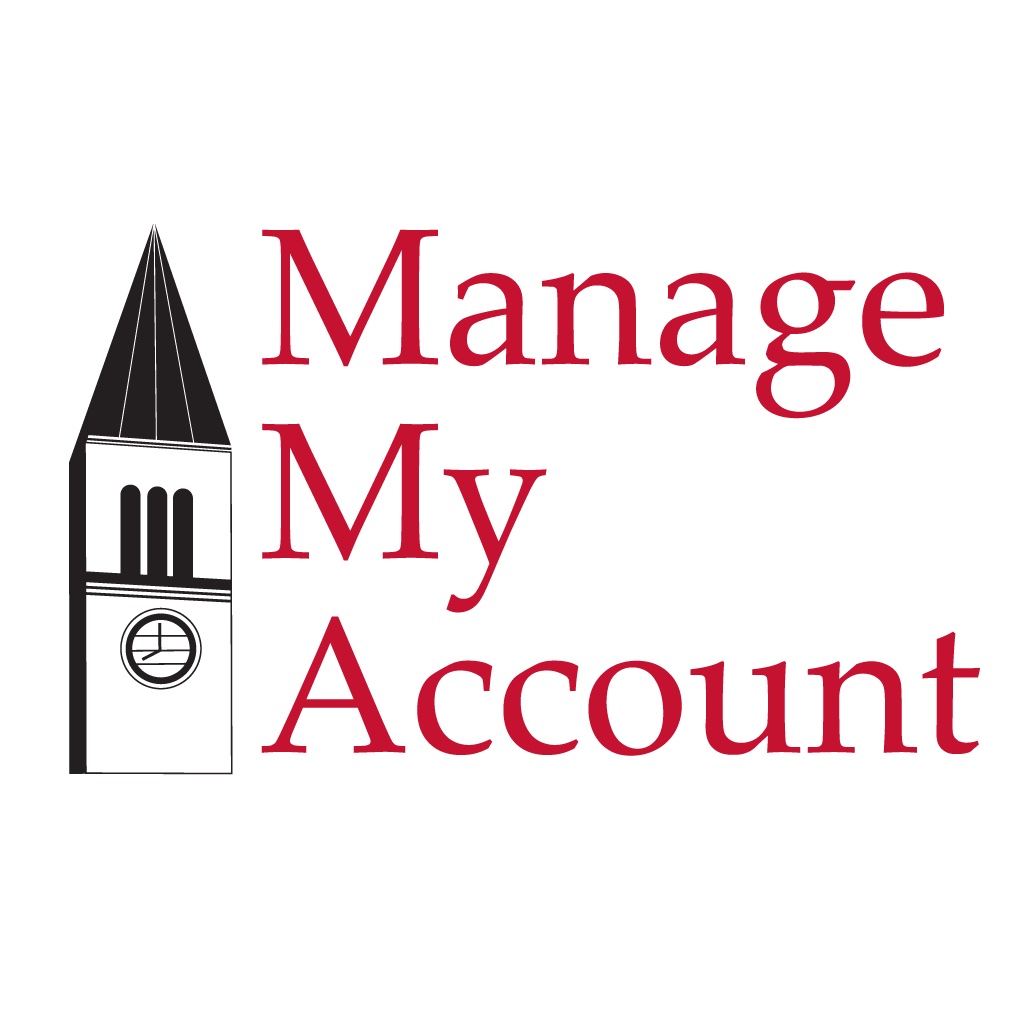What's New
Fixed dB monitor collecting initialization values in some circumstances
Added missing language to some alerts
App Description
The NOISE Project (www.noiseproject.org) is a Community Science Research Project funded by the National Science Foundation and led by communities that have been historically excluded from the sciences in collaboration with the Cornell Lab of Ornithology.
The NOISE Project Centers equity in the fight against noise pollution. Our goal is to explore noise impacts on personal and community wellbeing and connect people to safe and healthy sound environments while acknowledging the ties between environmental justice, historical systemic oppression, and racial justice work.
LEARN ABOUT NOISE POLLUTION and EQUITY: Read about noise pollution through a wellbeing and social justice lens. Exposure to high levels of noise has been linked to learning difficulties and behavioral problems in children, hearing loss, hypertension, diabetes, cardiovascular disease, and reduced birth weight. Research shows that people living in more racially segregated, low-income communities experience higher levels of noise.
MEASURE NOISE and CHECK IN ON YOUR MOOD: Sound is measured in units called decibels (dB). The higher the decibel level, the louder the noise. With this app, you’ll be able to measure noise and begin exploring the impact of noise pollution on your local environment. When you use the noise level meter, the app will automatically measure how loud or quiet your environment is. You’ll have the opportunity to check in on your mood, share additional details and designate safe and quiet spaces as NOISE REFUGES.
YOU RISK PERMANENT HEARING LOSS AND OTHER HEALTH HAZARDS IF YOU ARE EXPOSED TO:
85+ dB(A) regularly (8+ hours per day)
100+ dB(A) regularly (15+ minutes per day)
110+ dB(A) regularly (1.5+ minutes per day)
Excessive noise can have negative health effects like heart disease, diabetes, lower birth weight and learning difficulties.
COMMUNITY MAP AND YOUR REPORTS: Explore all your noise measurements in YOUR REPORTS and check in on the COMMUNITY MAP to see what you and others have shared over time and find NOISE REFUGES.
We believe that we must change the way science is done so it includes our community voices. Collaborating in an equitable way means that this research isn’t being done “traditionally”. It’s co-created and co-led by community members so our communities benefit directly.
Our goal is to understand how noise pollution affects our communities, our ecosystems and our health so we can create real change. We are raising awareness about noise pollution and promoting wellbeing and connection with nature. We’re consciously prioritizing the values and strengths of our communities. We abide by our co-created working agreements and community review board non-negotiables. Learn more about our process here: https://noiseproject.org/process/
We want to acknowledge all the communities who have contributed to the co-creation of this project and app: The WorldBeat Center in San Diego CA; Metro Atlanta Urban Farm in Atlanta GA; Camp Compass Academy in Allentown PA; Comunidades Latinas Unidas en Servicio in St. Paul MN; Green Jay Bird Conservancy, Mexico; J.E.D.I. Heart, OR; Ndor Eco Village, Ghana; The Avarna Group, CA; Daughters of Charity, USA; Nosotros Radio, NY; La Joven Guardia del Teatro Latino, NY, and the Cornell Lab of Ornithology, NY.
This material is based upon work supported by the National Science Foundation under Grant No. #DRL-1811234: “Developing the Processes and Potential to Engage Historically Underrepresented Communities in Public Participation in STEM Research Through Authentic and Impactful Collaboration” (NOISE Project).
App Changes
- September 15, 2023 Initial release























